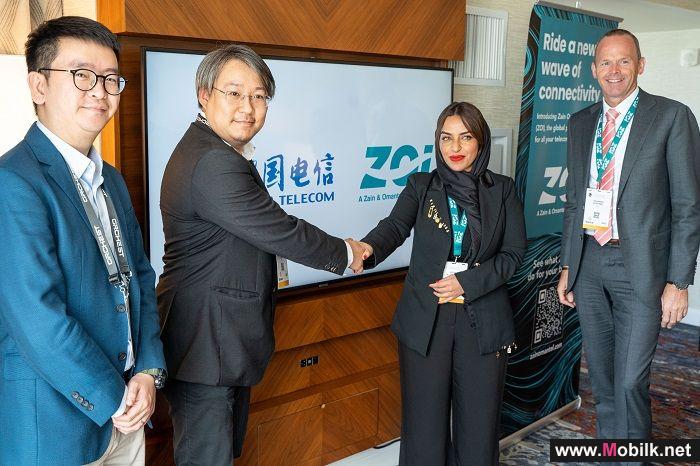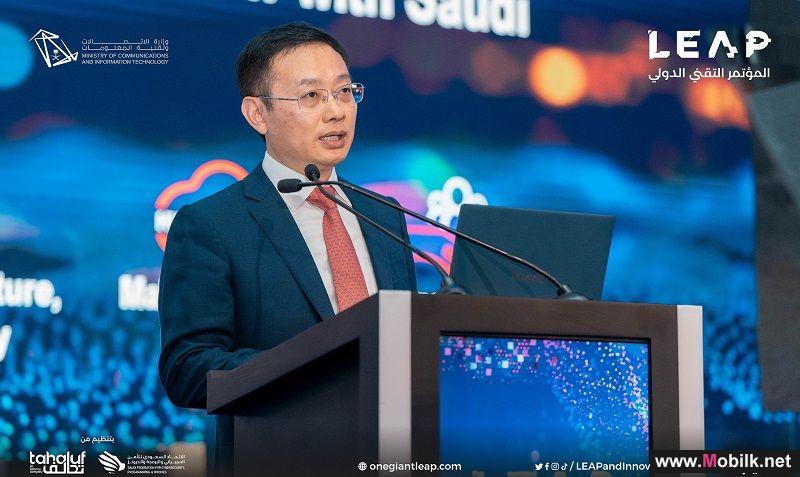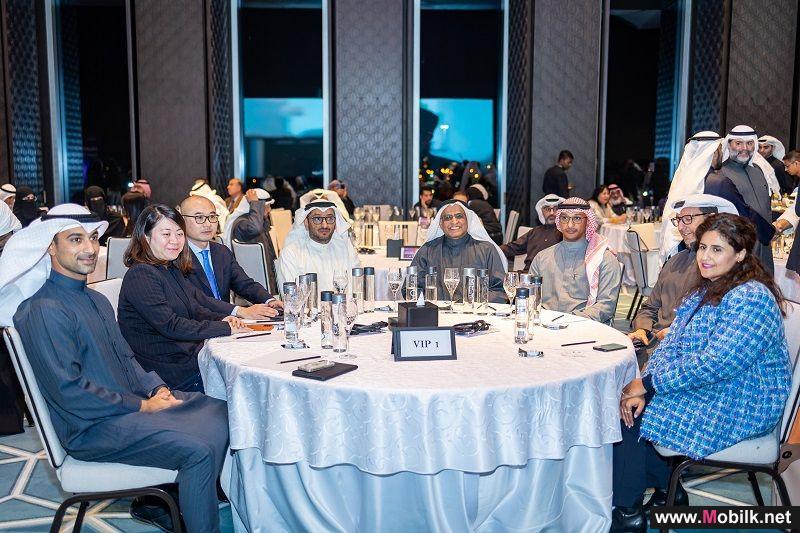Borderless Leadership Development Survey 2016: Executives demand improvement in the development of leaders
Mobilk - A surprising 44% of executives characterize leadership
development in their organization as poor, and more than half describe it as ineffective,
according to the 2016 Leadership Development Survey conducted by Borderless
Research℠.
The survey captured insights from close to 1,000 senior executives across a range of
industries. The high rate of response and depth of feedback demonstrate that leadership
development is of high relevance and is considered a key enabler of business strategy
and growth.
Key findings
• Leadership Development is believed to be a main driver for ensuring delivery of
business results (43%) and business growth (20%).
• Nearly half of respondents (44%) characterize leadership development in their
organization as poor, and more than half (54%) describe it as ineffective.
• A large majority (nearly 60%) are dissatisfied with their organization’s investment in
leadership development activities, and more than 65% state that the level of their
organization’s investment in these activities has, in recent years, declined or
stagnated.
• 29% of respondents are not aware of their organization having any kind of
leadership coaching or mentoring program.
• A majority (56%) believe support from top management to be a critical success
factor for ensuring effective leadership development within organizations.
The Borderless perspective
The level of satisfaction with the effectiveness of and investment in leadership
development is low, suggesting that either too little effort is made by organizations to
establish leadership development programs or that what has been established fails to
meet the expectations of their executives.
“In prioritizing all of the elements that go into building a successful business, it would seem
that many corporate heads consider leadership development to be a low priority ‘nice
to have’ instead of a strategic imperative,” says Niels-Peter van Doorn, Head of
Leadership Consulting at Borderless.
While most argue that effective leadership is necessary to achieve positive business
results, the lack of focus on development suggests that leaders are expected to possess
all essential leadership skills innately. This is reflected in corporate tendencies to “hire in”
senior executives instead of growing and advancing executives from within. “Overreliance
on external hiring can frustrate and demotivate teams, and could consequently
exacerbate internal organizational challenges,” Niels-Peter cautions.
To that end, Borderless offers the following six recommendations to establish robust
leadership development programs:
1. In building leadership programs, a balanced approach focusing on both
business acumen and soft skills and understanding the interrelationships
between these two elements, is required.
2. The active involvement of top executives in leadership development is
necessary, and accountability for it should be held by the CEO.
3. Organizations must accelerate the development of less experienced
executives to fill the emerging leadership gap, accentuated by ageing
executive populations in many ‘traditional’ industries.
4. Effective leadership development programs need to be grounded in real-life
challenges.
5. Job rotation, which has the added advantage of creating higher levels of
understanding and cooperation between functions, deserves higher priority if
organizations are to develop executives with broad-based general
management skills.
6. If leadership development drives profitability and growth, then active
engagement in leadership development should never be optional.
Reports and Studies
China Telecom Global Limited (CTG), the world-leading provider of integrated telecommunication services, has signed a strategic subsea capacity and..
Reports and Studies
Espoo, Finland – Nokia, Qualcomm Technologies, Inc., and T-Mobile today announced that they have achieved a worlds first showcase of successfully..
Reports and Studies
Steven Yi, President of Huawei Middle East and Central Asia, gave a keynote on the second day of LEAP, Saudi Arabias largest and most comprehensive..

 Vodafone Oman
Vodafone Oman Emirates Telecom
Emirates Telecom  Ooredoo Om
Ooredoo Om Ooredoo Qa
Ooredoo Qa stc Bahrain
stc Bahrain Orange Egypt
Orange Egypt Mobily
Mobily Zain Jo
Zain Jo omantel
omantel STC
STC Emirates Du
Emirates Du Asiacell
Asiacell Etisalat Egypt
Etisalat Egypt  Telecom Egypt
Telecom Egypt jawwal
jawwal Orange Jo
Orange Jo Umniah
Umniah Zain Sa
Zain Sa Bahrain Batelco
Bahrain Batelco Zain Bh
Zain Bh Wataniya palestine
Wataniya palestine Kuwait Viva
Kuwait Viva  Zain Kw
Zain Kw Vodafone Qa
Vodafone Qa MTN Syria
MTN Syria Syriatel
Syriatel Sabafon
Sabafon Zain Iq
Zain Iq MTN Yemen
MTN Yemen Ooredoo Kw
Ooredoo Kw Vodafone Egypt
Vodafone Egypt  Samatel
Samatel Huawei
Huawei Samsung
Samsung MOTOROLA
MOTOROLA Lenovo
Lenovo Alcatel
Alcatel LG
LG Nokia
Nokia Sony Ericsson
Sony Ericsson HTC
HTC BlackBerry
BlackBerry Siemens
Siemens Acer
Acer Sony
Sony Asus
Asus VK
VK APPLE
APPLE BenQ-Siemens
BenQ-Siemens Sagem
Sagem Eten
Eten HP
HP Panasonic
Panasonic Amoi
Amoi Toshiba
Toshiba Sharp
Sharp Sonim
Sonim Bird
Bird Mitac
Mitac Philips
Philips Vertu
Vertu Pantech
Pantech Micromax
Micromax Maxon
Maxon Haier
Haier I-mate
I-mate Gigabyte
Gigabyte I-mobile
I-mobile Kyocera
Kyocera BenQ
BenQ Microsoft
Microsoft Telit
Telit Connect
Connect Sendo
Sendo Mitsubishi
Mitsubishi SEWON
SEWON NEC
NEC DELL
DELL Thuraya
Thuraya Neonode
Neonode Be
Be Qtek
Qtek Bosch
Bosch Palm
Palm MWG
MWG Fujitsu Siemens
Fujitsu Siemens XCute
XCute WND
WND INQ
INQ O2
O2 Innostream
Innostream Benefon
Benefon Google
Google


















